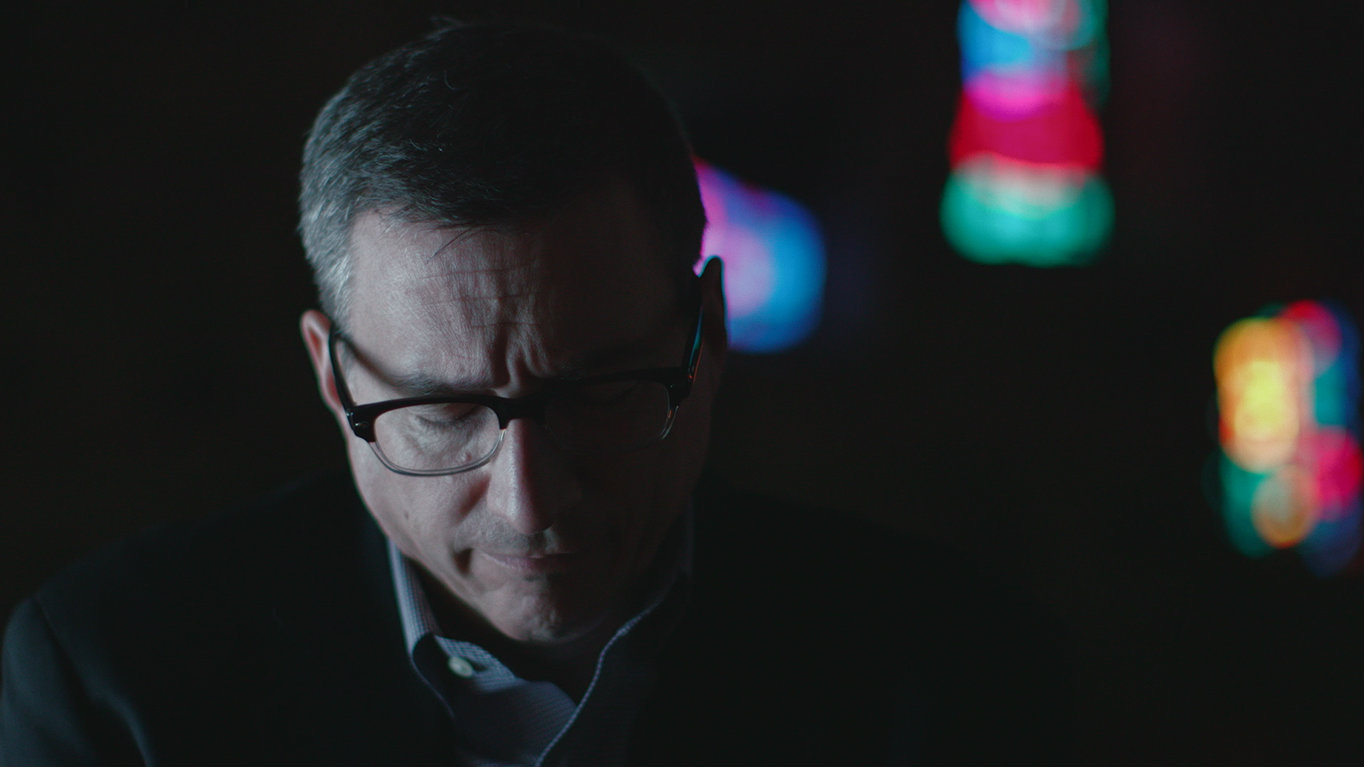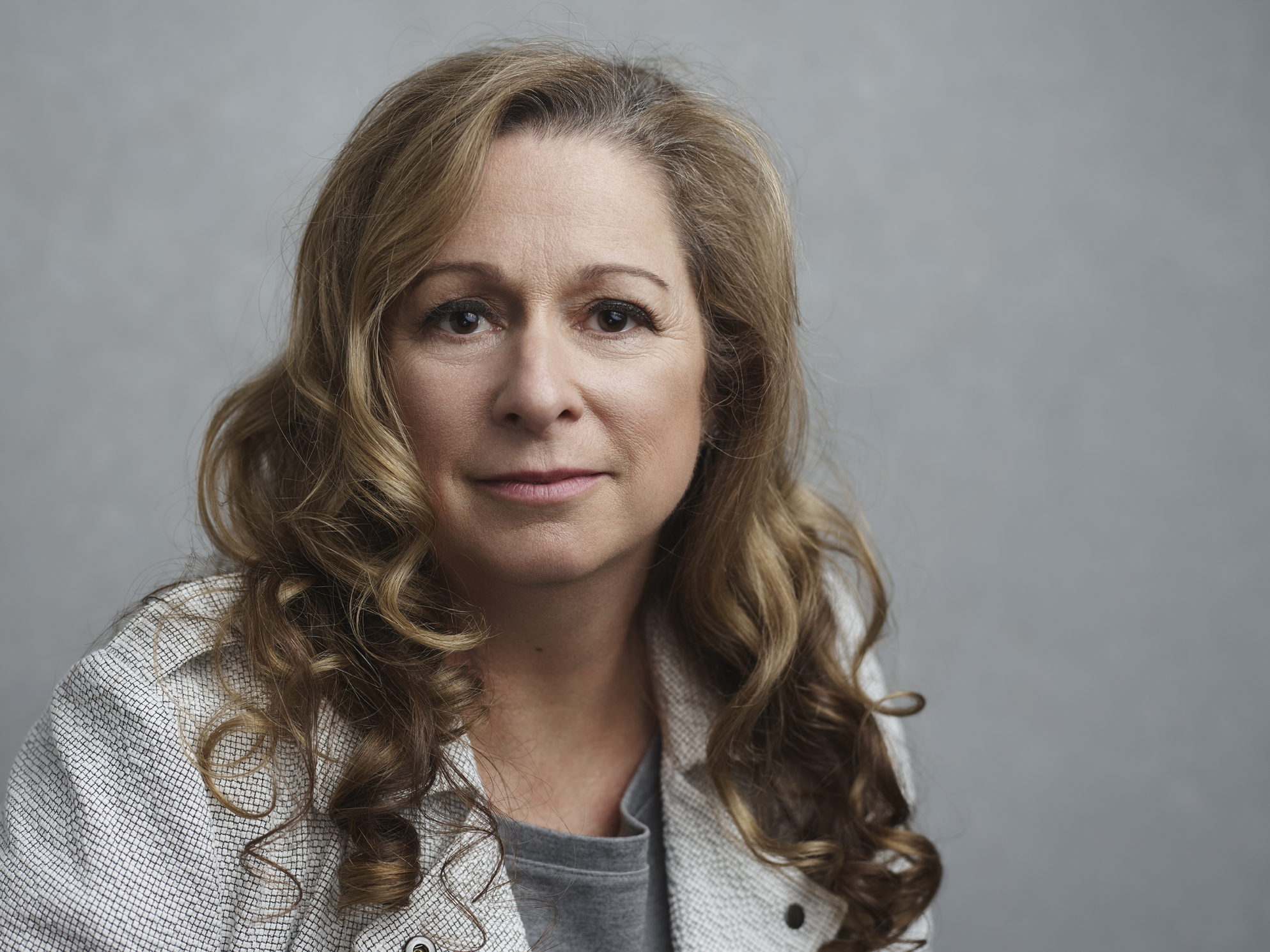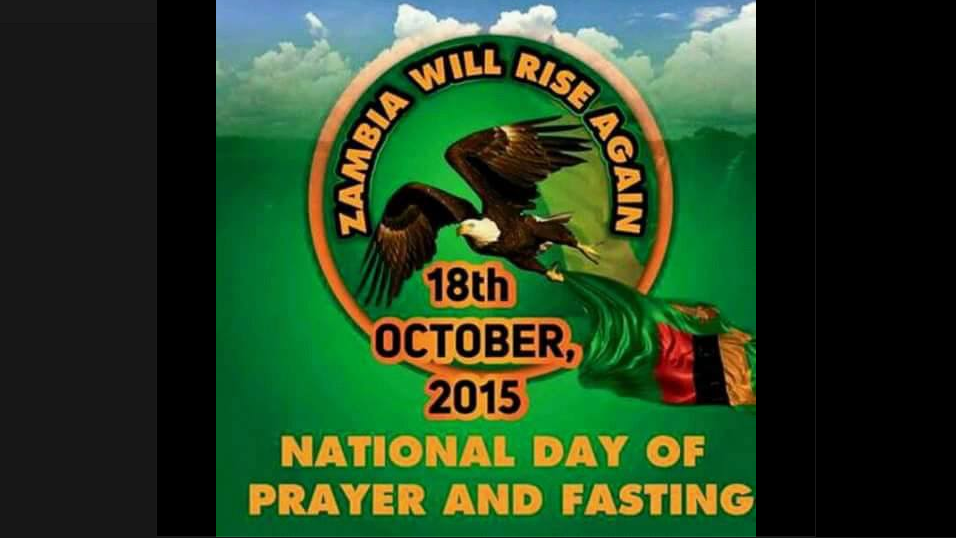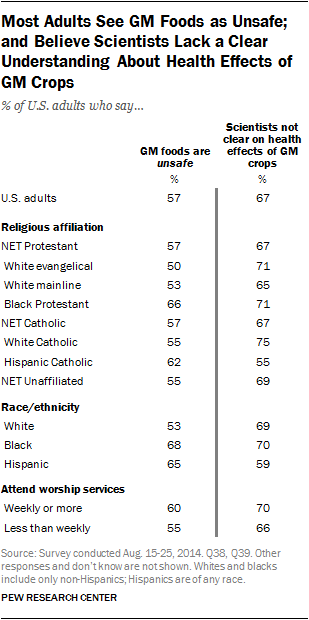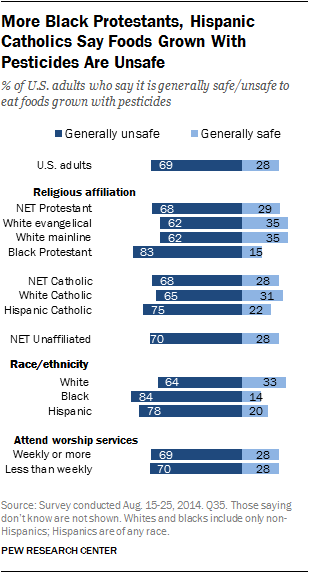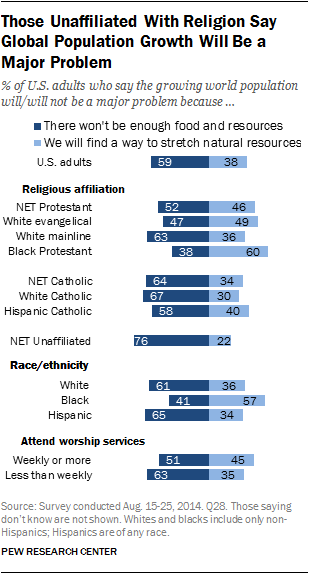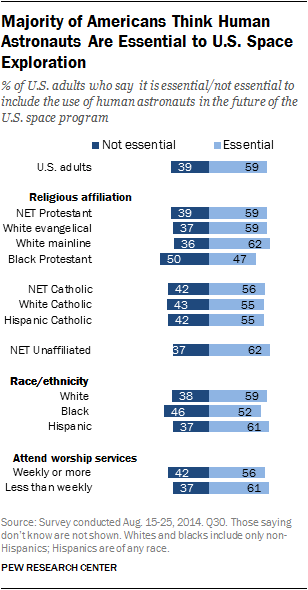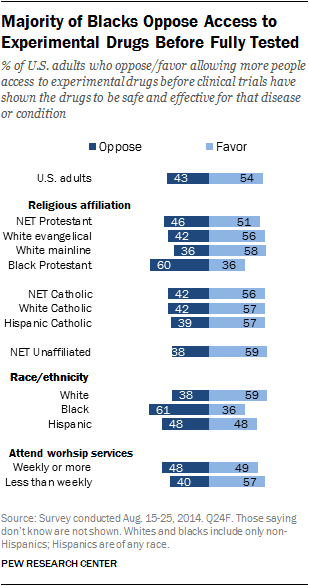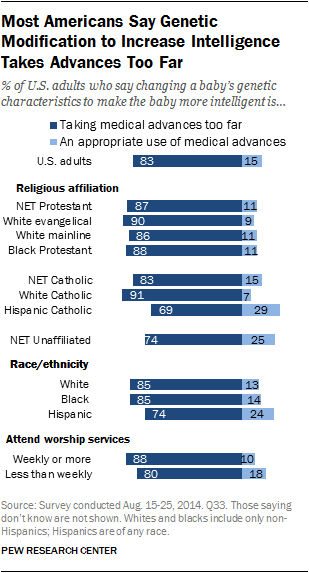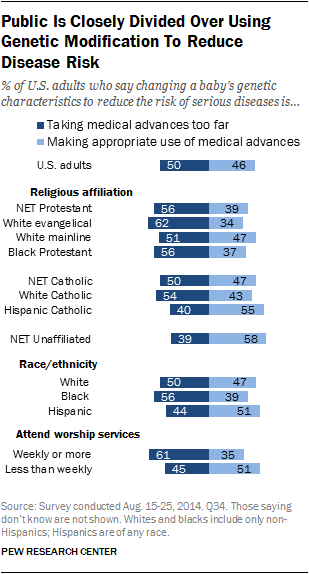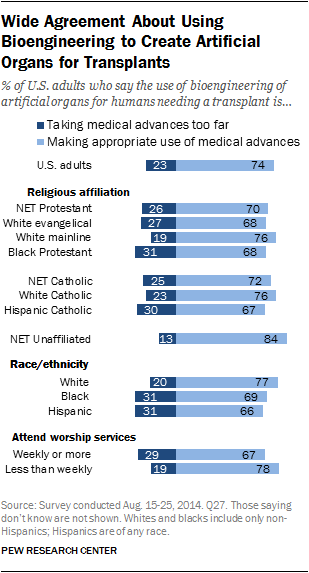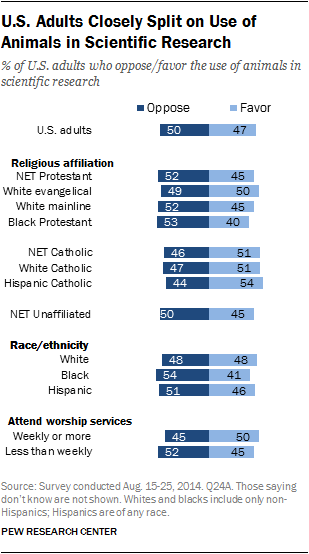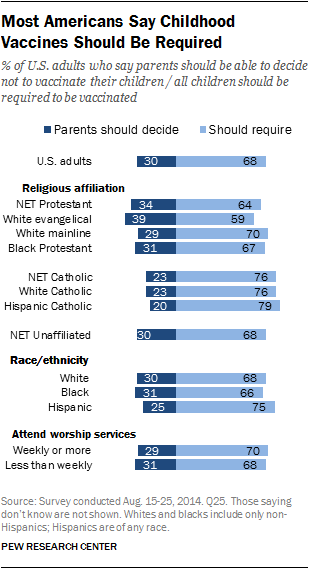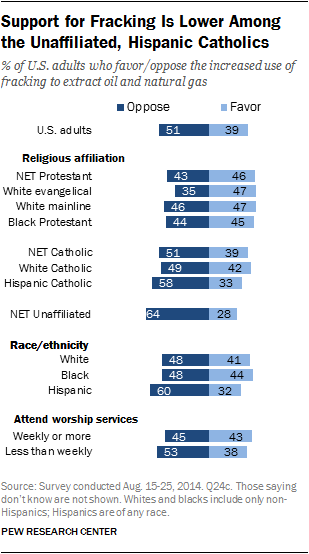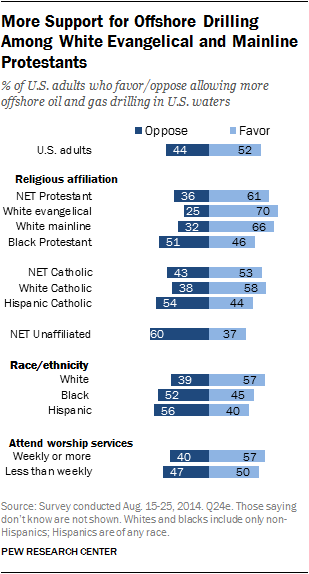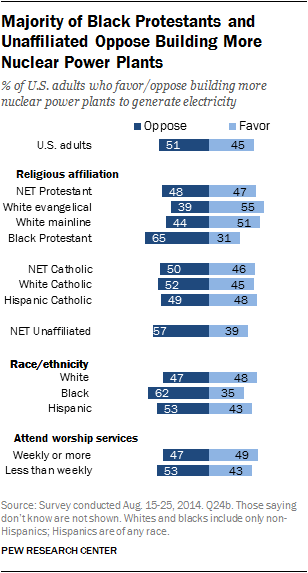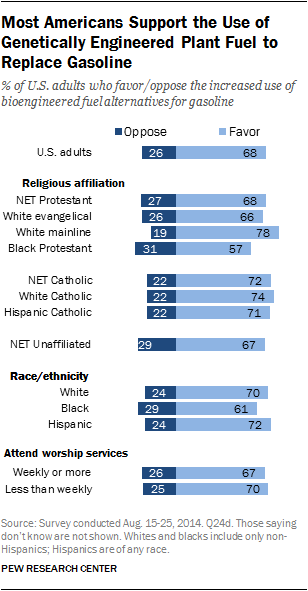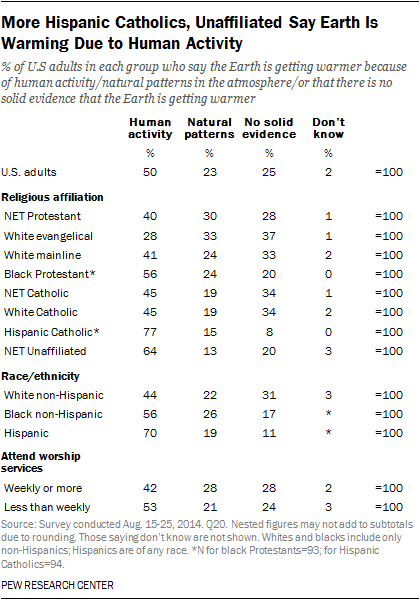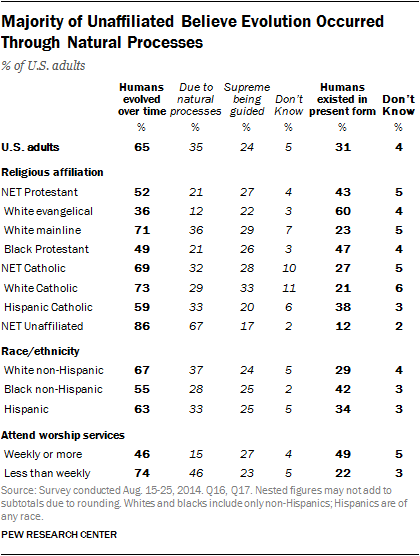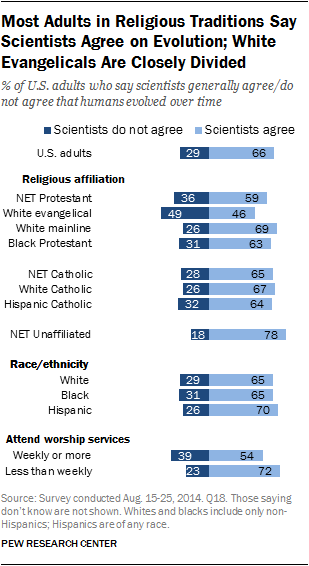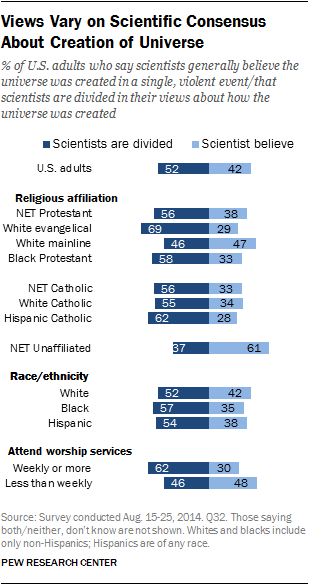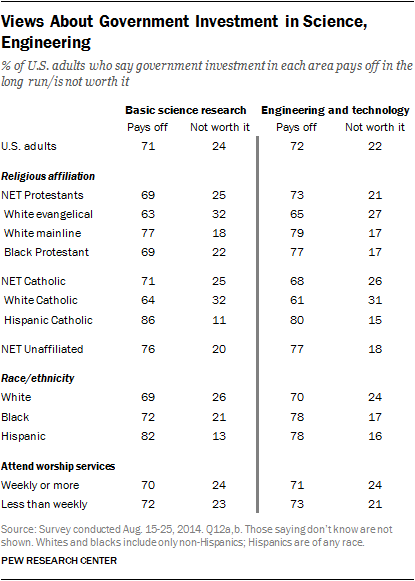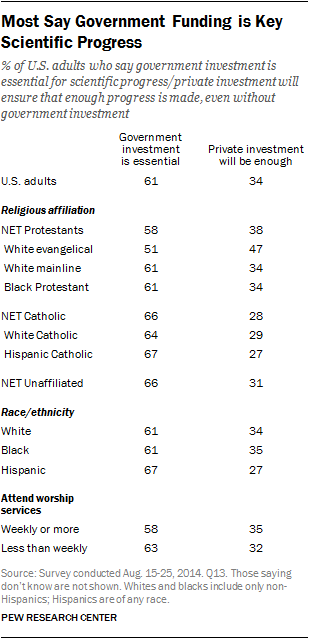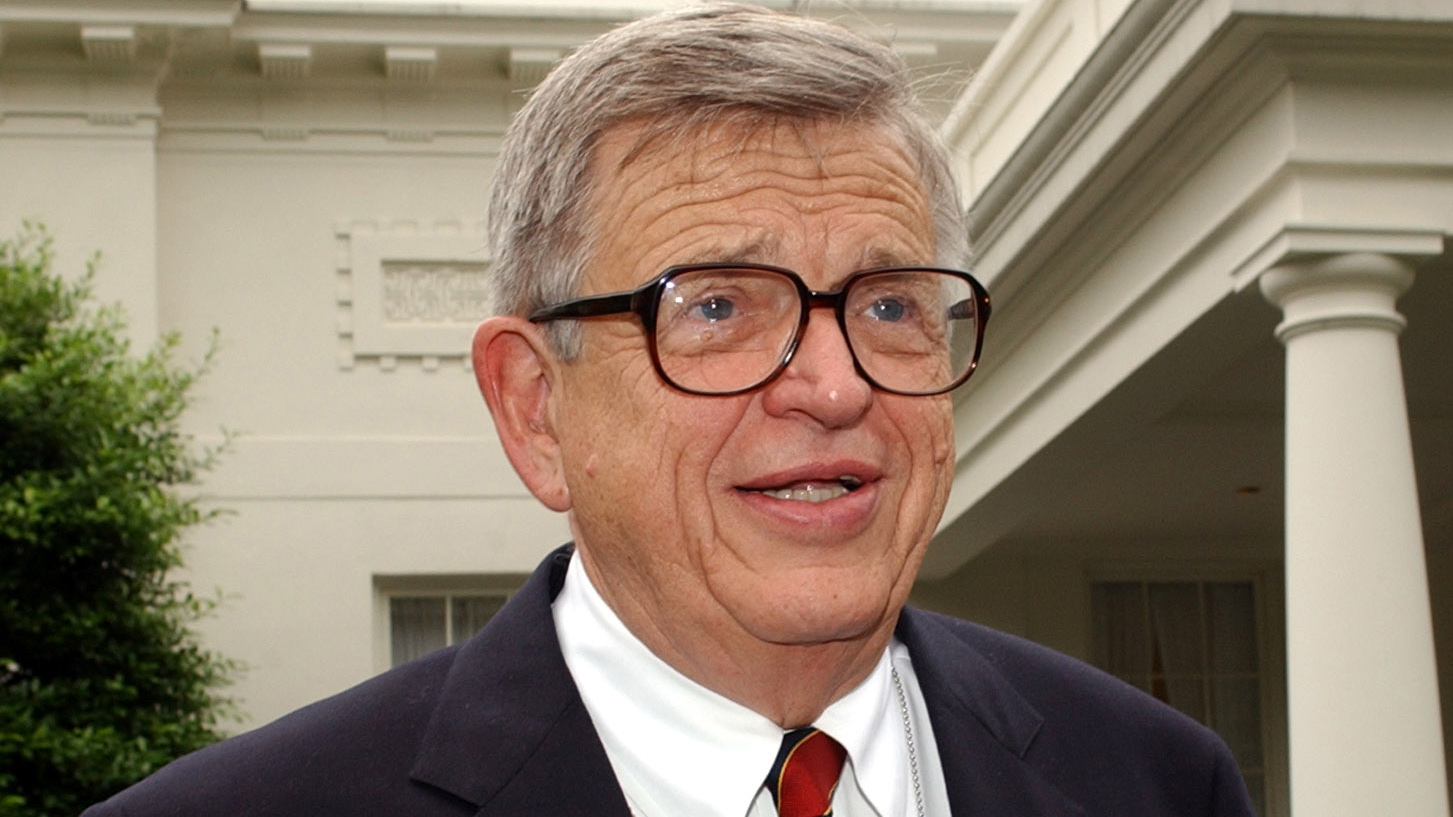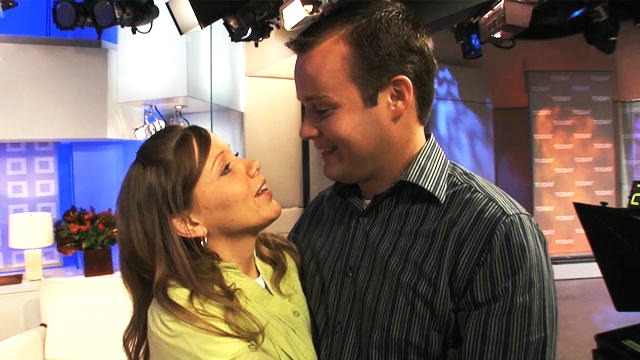There are two basic forms of preaching: expository and topical. Hughes Oliphant Old defines expository preaching as “the systematic explanation of Scripture done on a week-by-week…basis at the regular meeting of the congregation.” Expository preaching grounds the message in the text so that all the sermon’s points are points in the text, and it majors in the text’s major ideas. It aligns the interpretation of the text with the doctrinal truths of the rest of the Bible. And it always situates the passage within the Bible’s narrative, showing how Christ is the final fulfillment of the text’s theme.
By contrast, the main purpose of “thematic” or “topical” preaching is not the unfolding of the ideas within a single biblical text but rather the communication of a biblical idea from a number of texts. Topical preaching may have any one of several aims. It may be to convey truth to nonbelievers (evangelistic preaching) or to instruct believers in a particular aspect of their church’s confession and theology (catechetical preaching). Festal preaching helps listeners celebrate observances in the church year such as Christmas, Easter, or Pentecost, while prophetic preaching speaks to a particular historical or cultural moment.
I would say that expository preaching should provide the main diet of preaching for a Christian community. Why? Here is the main reason (though of course there are many others): Expository preaching is the best method for displaying and conveying your conviction that the whole Bible is true. This approach testifies that you believe every part of the Bible to be God’s Word, not just particular themes and not just the parts you feel comfortable agreeing with.
It is not enough to have a general respect for the Bible that you may have inherited from your upbringing. As a preacher or teacher you will come upon many difficulties in the Bible; and inevitably the biblical authors say things that not only contradict the spirit of the age but also your own convictions and intuitions. Unless your understanding of the Bible—and your confidence in its inspiration and authority—are deep and comprehensive, you will not be able to understand and present it convincingly. Instead of proclaiming, warning, and inviting, you will be sharing, musing, and conjecturing.
It is important to know not only in general that the Bible is true but also that in the Bible God’s words are identical to his actions. When he says, “Let there be light,” there is light (Genesis 1:3). When God renames someone, it automatically remakes him (Genesis 17:5). The Bible does not say that God speaks and then proceeds to act, that he names and then proceeds to shape—but that God’s speaking and acting are the same thing. His word is his action, his divine power.
So how do we hear God’s active Word today if we are not prophets or apostles? God’s words in the mouths of the prophets (Jeremiah 1:9-10), written down, are still God’s words to us when we read them today (Jeremiah 36:1-32). In other words, as we unfold the meaning of the language of Scripture, God becomes powerfully active in our lives. The Bible is not merely information, not even just completely true information. It is “alive and active.” (Hebrews 4:12)—God’s power in verbal form. It is only as we understand the meaning of the words that God names us and shapes us and recreates us.
If you believe only that the Spirit may, in some general way, attend to the preaching of the Bible under some circumstances, then you are likely to undermine its power and authority as you preach by overemphasizing your own experiences or by locating the authority in your church’s tradition and beliefs rather than in the Bible itself. Or you may use the Bible as a set of assorted wise remedies for contemporary social and personal problems. If, however, you believe that the preaching of the Word is one of the main channels for God’s action in the world, then with great care and confidence you will uncover the meaning of the text, fully expecting that God’s Spirit will act in listeners’ lives.
Therefore famous verses about God’s Word being “like fire…and like a hammer that breaks a rock in pieces” (Jeremiah 23:29) are not mere rhetoric. I have seen hundreds of specific cases in which the Bible itself contained a power to penetrate people’s spiritual indifference and defenses in a way that went far beyond my powers of public speaking. A handful of times I have even had conversations with angry people who were sure that one of their friends told me about them and that I had singled them out in the sermon. I was able to swear honestly that I had had no idea at all about their issue—that it was the Bible itself exercising its power to lay bare the “secrets of their hearts” (1 Corinthians 14:25). I don’t enjoy angry listeners, but I love those conversations.
Let the Lion Out
It’s natural to ask how effective the careful exposition of the Bible could possibly be in a culture that is becoming more and more averse to authority, particularly religious authority. But consider the advice of nineteenth-century Baptist preacher Charles Spurgeon, who famously said:
There seems to be to have been twice as much done in some ages in defending the Bible as in expounding it, but if the whole of our strength shall henceforth go to the exposition and spreading of it, we may leave it pretty much to defend itself. I do not know whether you see that lion—it is very distinctly before my eyes; a number of persons advance to attack him, while a host of us would defend [him]….Pardon me if I offer a quiet suggestion. Open the door and let the lion out; he will take care of himself.
The Bible is like a lion, Spurgeon claims, so you must not spend too much of your breath describing it, defending it, or arguing about why it should be believed. Instead, he urges you to put your energy into simply preaching it—into actually exposing people to it in its clearest and most vivid form. Then the extraordinary power and authority of the Word will become self-evident—even in the most antiauthoritarian settings, among the most skeptical people. I know this to be true.
From PREACHING: Communicating Faith in an Age of Skepticism by Timothy Keller. Reprinted by arrangement with Viking, an imprint of Penguin Publishing Group, a division of Penguin Random House LLC. Copyright © 2015 by Timothy Keller




